Takeaways
– Google’s AlphaCode 2 and OpenAI’s GPT-4 outperformed human competitors in the International Collegiate Programming Contest (ICPC) World Finals
– AlphaCode 2 scored 9 out of 11 problems, ranking 5th overall, while GPT-4 solved 8 problems, placing 17th
– The top human team solved 7 problems, highlighting the significant advancement of AI coding capabilities
– The AI models had restrictions including no internet access and limited computational resources
– This achievement marks a significant milestone in AI’s ability to solve complex algorithmic problems
AI Models Make History at Prestigious Coding Competition
In a groundbreaking development for artificial intelligence, both Google’s AlphaCode 2 and OpenAI’s GPT-4 have demonstrated superior performance compared to human competitors at the International Collegiate Programming Contest (ICPC) World Finals. This prestigious competition, often regarded as the “Olympics of programming,” featured 49 teams of top student programmers from around the world. The AI models’ exceptional performance signals a major leap forward in computational problem-solving capabilities.
Performance Breakdown: Humans vs. Machines
AlphaCode 2 impressively solved 9 out of 11 problems, securing a hypothetical 5th place ranking. OpenAI’s GPT-4 wasn’t far behind, solving 8 problems and landing in 17th place. For context, the top human team from MIT managed to solve 7 problems. The competition required participants to solve complex algorithmic challenges within a strict 5-hour timeframe, with penalties for incorrect submissions.
What makes these results particularly remarkable is that both AI systems operated under significant constraints. They had no internet access, limited computational resources, and were evaluated using the same rules as human competitors. This level playing field makes their superior performance even more significant in the advancement of AI capabilities.
Implications for the Future of Programming
This milestone raises important questions about the future relationship between human programmers and AI tools. Rather than viewing these systems as replacements for human coders, experts suggest they will likely become powerful assistants that can handle routine tasks while allowing humans to focus on more creative aspects of software development.
Google DeepMind CEO Demis Hassabis emphasized that tools like AlphaCode 2 could democratize programming by making it more accessible to people without formal training. Meanwhile, OpenAI highlighted how their models could help programmers tackle complex problems more efficiently.
As these AI coding systems continue to evolve, we can expect them to become increasingly integrated into software development workflows, potentially transforming how code is written and maintained across industries.
FAQ
What is the ICPC World Finals?
The International Collegiate Programming Contest (ICPC) World Finals is considered the most prestigious algorithmic programming contest for university students worldwide. Teams of three students work together to solve complex algorithmic problems within a 5-hour timeframe, with penalties for incorrect submissions.
How did AI models compare to human competitors?
Google’s AlphaCode 2 solved 9 out of 11 problems (ranking 5th), while OpenAI’s GPT-4 solved 8 problems (ranking 17th). The top human team from MIT solved 7 problems, demonstrating that the AI models outperformed even the best human competitors.
What restrictions did the AI models have during the competition?
Both AI models competed under the same rules as humans with significant constraints: they had no internet access, limited computational resources, and faced the same time limits and problem statements as human teams.
Will AI replace human programmers?
Rather than replacement, experts suggest AI will serve as powerful assistants that handle routine coding tasks, allowing human programmers to focus on more creative and complex aspects of software development. These tools are expected to augment human capabilities rather than replace them.
What are the practical applications of advanced AI coding models?
These AI coding systems could democratize programming by making it more accessible to people without formal training, help experienced programmers solve complex problems more efficiently, automate routine coding tasks, and potentially transform software development workflows across industries.
How do these AI coding models work?
These models are based on large language models (LLMs) that have been specifically trained or fine-tuned for programming tasks. They analyze problem statements, generate potential solutions, test their code, and refine their approaches—similar to how human programmers work but with the ability to rapidly explore multiple solution paths.

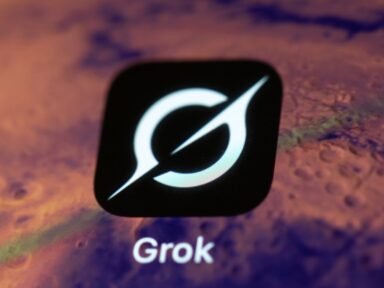

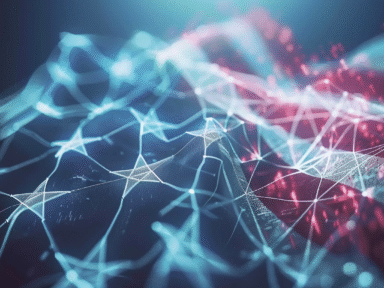



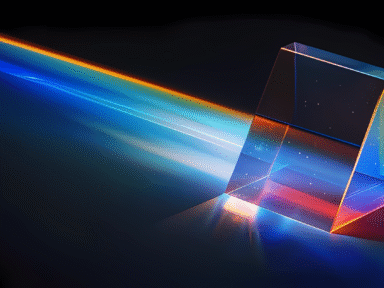

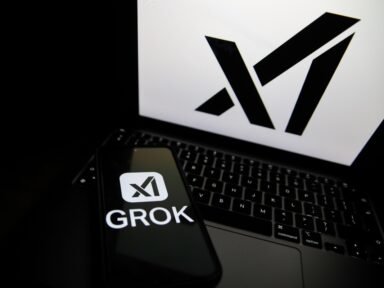


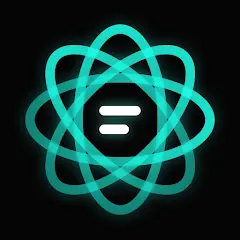
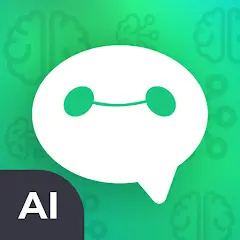


How would you rate AI Coding Models Surpass Human Performance at ICPC Programming Finals?